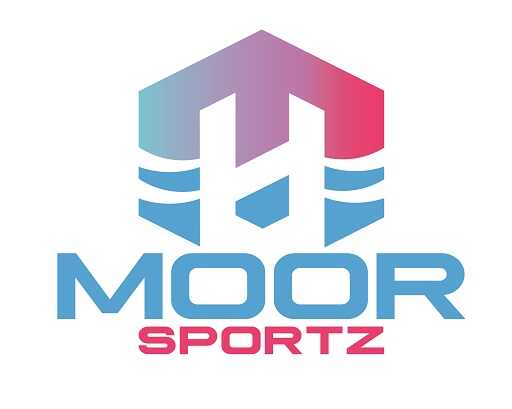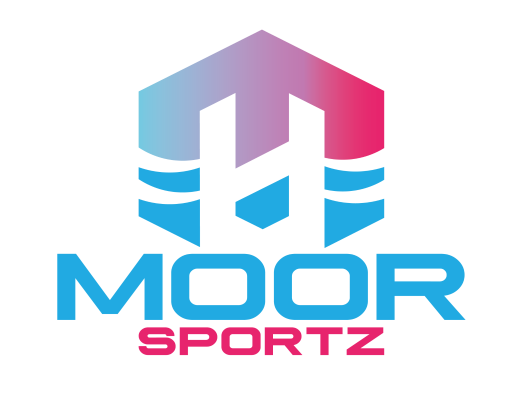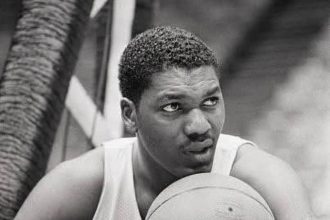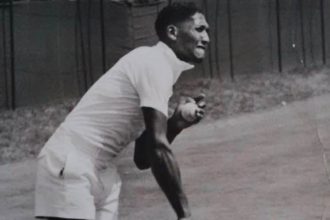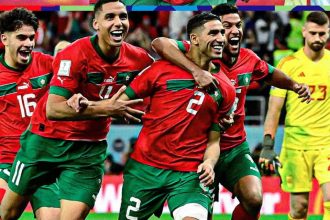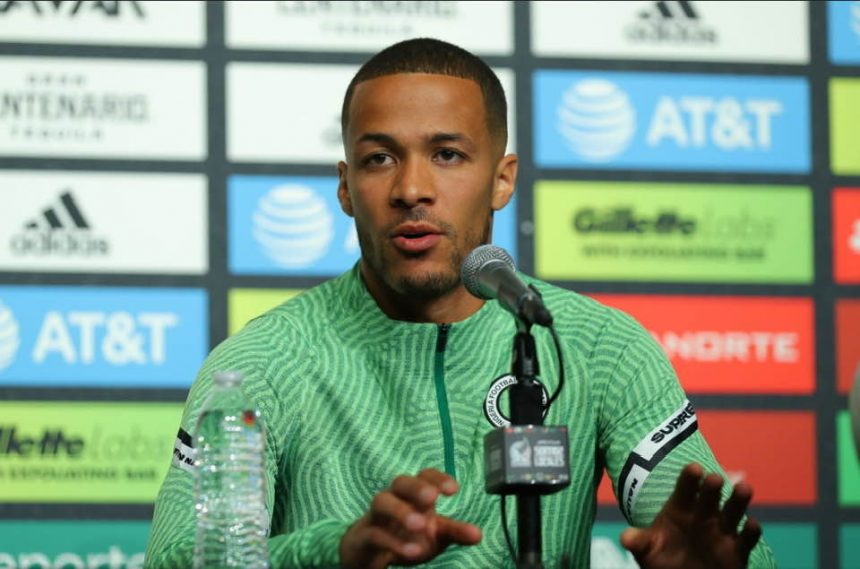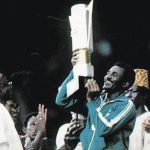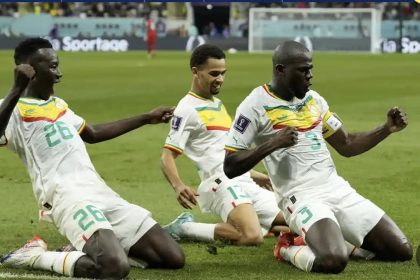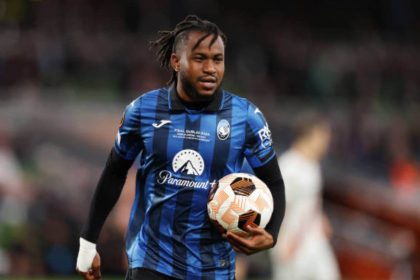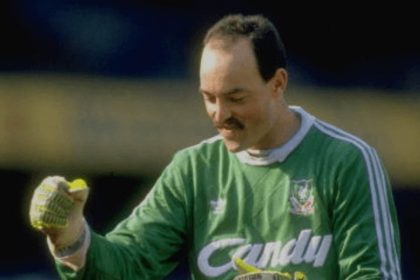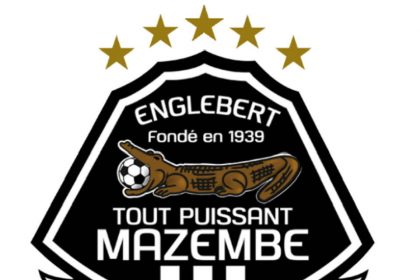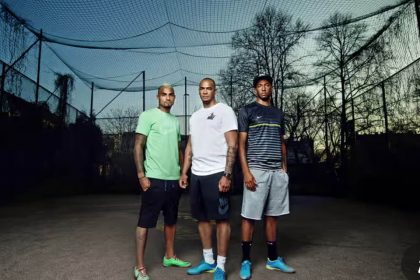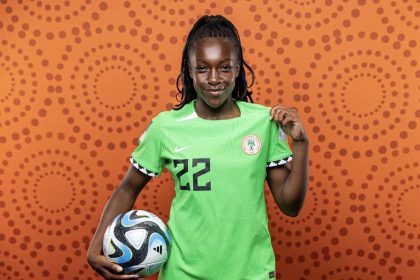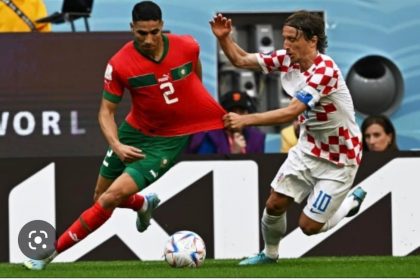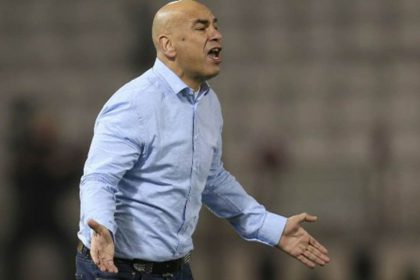Captains embody three C’s in leading their team: Caring, Courageous, and Consistent. All three are evident in William Troost-Ekong, fondly called “Trusted Troost” by teammates and friends. Being named a team captain is quite an honour. The position of captain is given to those athletes whom the rest of the team respect and trust to lead the team in the right direction. However, with this great honour also comes a great responsibility. A captain must be accountable after a bad performance or practice. Captains are expected to perform in the clutch and lead the team to victory. It is also expected that captains will maintain control in the most pressurized situations and be the model of excellence for their teammates on and off the pitch.
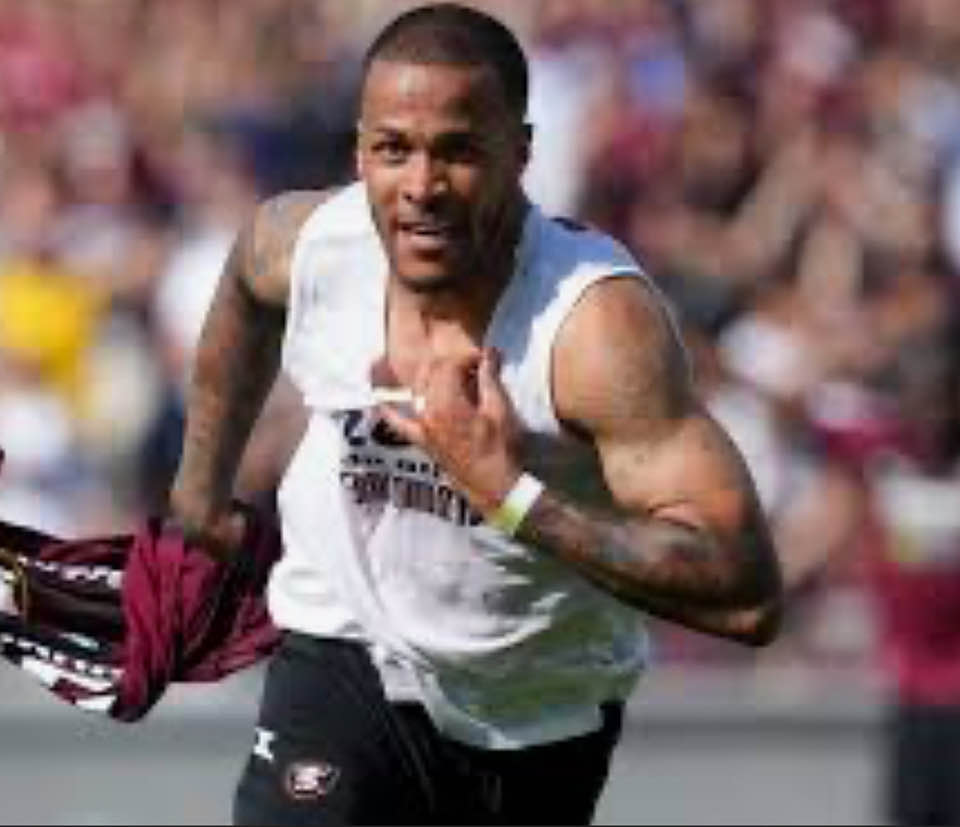
In Africa, choice of captains is particularly a very dodgy landmine filled with ethnicity, intrigues, tussle of ego among senior players and many more politics. Now, when an African of mixed parentage breaks through as a leader in an African team, they must have been widely accepted as the choice of the majority of the group, obviously based on many more attributes in addition to footballing talents. Troost-Ekong knows the part he has to play as a team leader in Nigeria and he is playing it well.
Nigeria’s William Troost-Ekong was one of the eight African-Europeans that rose to the position of influence in their national teams as captains at AFCON 2021. He made history then as the first African born in Europe to captain the Nigerian football team in any major championship. The other African-Europeans who made up the unprecedented list in that tournament apart from Troost-Ekong are Kalidou Koulibali, who led Senegal to their historic first title in 2021, André Ayew of Ghana, who was born in Seclin, France by another early African football migrant to Europe and a legend of the game, Abedi Ayew Pele, Romain Saïss of Morocco who was born in Bourg-de-Péage, France, Emilio Nsue López of Equatorial Guinea, who was born in Palma de Mallorca, Spain, Riyad Mahrez of Algeria, Pierre-Emerick Aubameyang of Gabon and Jimmy Abdou of Comoros, who was born in Martigues, France to Comoros parents.
Beyond the field of play, some of these African footballers are role models brimming with traditional and cultural values of the continent. A number of these players seem determined to use the influences within their reach to celebrate these values and Troost-Ekong typifies this. His leadership qualities have been much noised from the very first day he took up the captainship armband of his country’s national team.
William’s bravery on and off the pitch to represent his mates in difficult moments are well documented. He demonstrated that again recently at the ongoing AFCON 2024 by stepping forward at a nervy moment in the crucial encounter between the host country Ivory Coast and Nigeria when a foul on Victor Osimhen resulted in a penalty kick being awarded to Nigeria.
As he confidently stepped forward to take up one of his leadership responsibilities, while bending down to place the ball properly on the spot, a talented Nigerian documentary photographer, Taofeek Sheikh Ibrahim, who was right on the spot curiously noticed a boldly inscribed image of the face of the Afrobeat pioneer and a renowned Pan-Africanist, Fela Anikulapo-Kuti on his right arm and Ibrahim did not miss the historic opportunity to snap the picture.
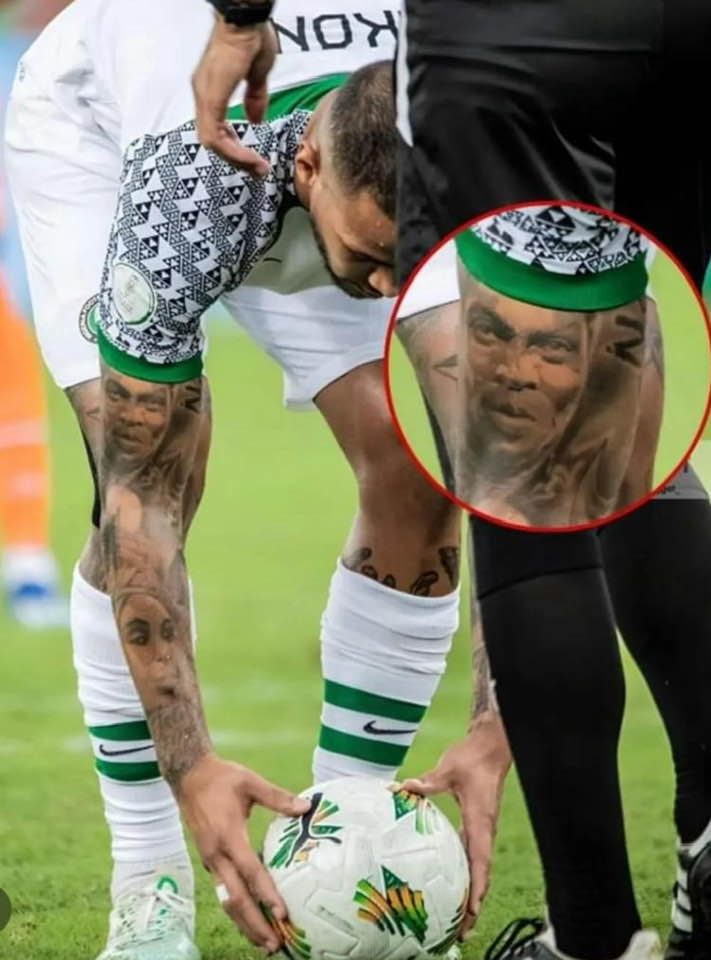
This unique photo will definitely be the highlight of sports photography throughout this year and might forever become one of the most iconic images in African sports’ history. This photo presently going viral globally on the social media stunned the whole people of African continent not in little way, with some calling it the ‘hardest picture ever in the history of AFCON’.
William Troost-Ekong comes across though as a man with gentle but very intelligent mien. But before that stunning moment, few people knew about the Pan-African philosophy’s part of his life. As a philosophy, Pan-Africanism represents the aggregation of the historical, cultural, spiritual, artistic, scientific, and philosophical legacies of Africans from past times to the present and the need to celebrate them. It also aims to encourage and strengthen bonds of solidarity between all indigenous and diasporas of African ancestry. Troost-Ekong is not the only sport star on the continent who has been seen to represent these cultural values of the continent. The legendary endurance race athlete Haile Selassie has, in the past, been caught celebrating these too.
But why is the need for leaders with cultural outlook so important to the people of Africa? Is it because the land has been bedevilled for long with many challenges? It is natural that sporting icons like Troost-Ekong and Haile Selassie are seen as cultural role models probably because of this begging question.
The Super Eagles captain was born on September 1, 1993 to a dad who hails from Etinan in Etinan Local Government Area of Akwa Ibom State, South-South region of Nigeria and a Dutch mother, Eleanore Troost. He has two siblings, Emily and Everest. His father sent him to an English boarding school when he was 12 years old to be disciplined for university. After three years, he came on the radar of Tottenham Hotspur’s famed academy in London. Though William Troost-Ekong has represented the Netherlands at Under-19 and Under-20 youth levels, he later made his senior international debut for the Nigeria’s Super Eagles on 13 June 2015, playing 90 minutes in an AFCON qualifying match against Chad. He already had three full international caps before being selected for Nigeria’s Under-23 team in their 35-man provisional squad for the Rio 2016 Summer Olympics. He also played in the 2018 World Cup in Russia and this 2024 AFCON is his fourth. William has gone ahead to play 68 times scoring 5 goals for his country since his debut. He presently plays as a centre-back for Super League Greece club PAOK.
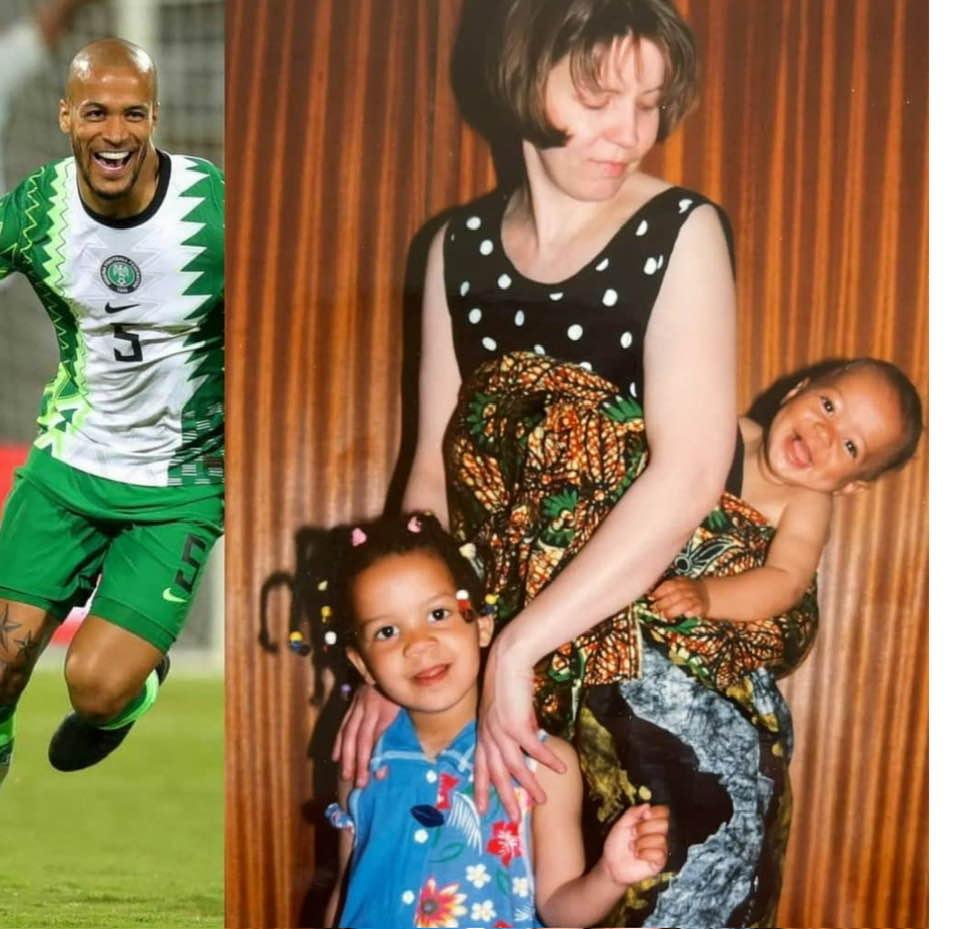
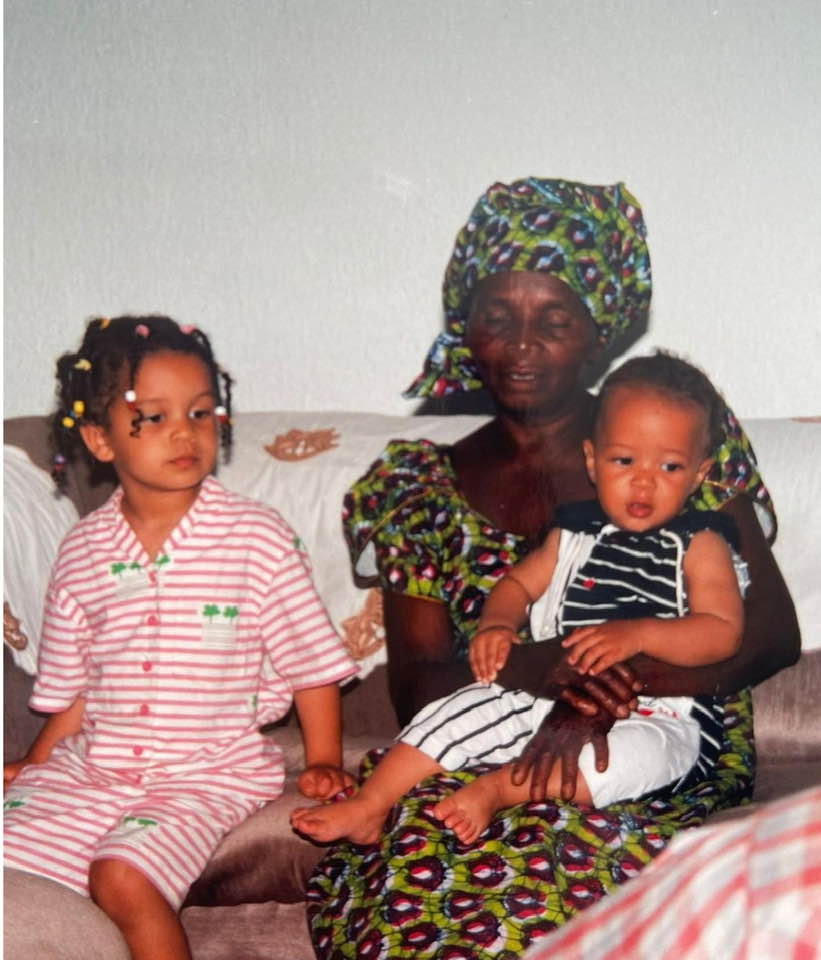
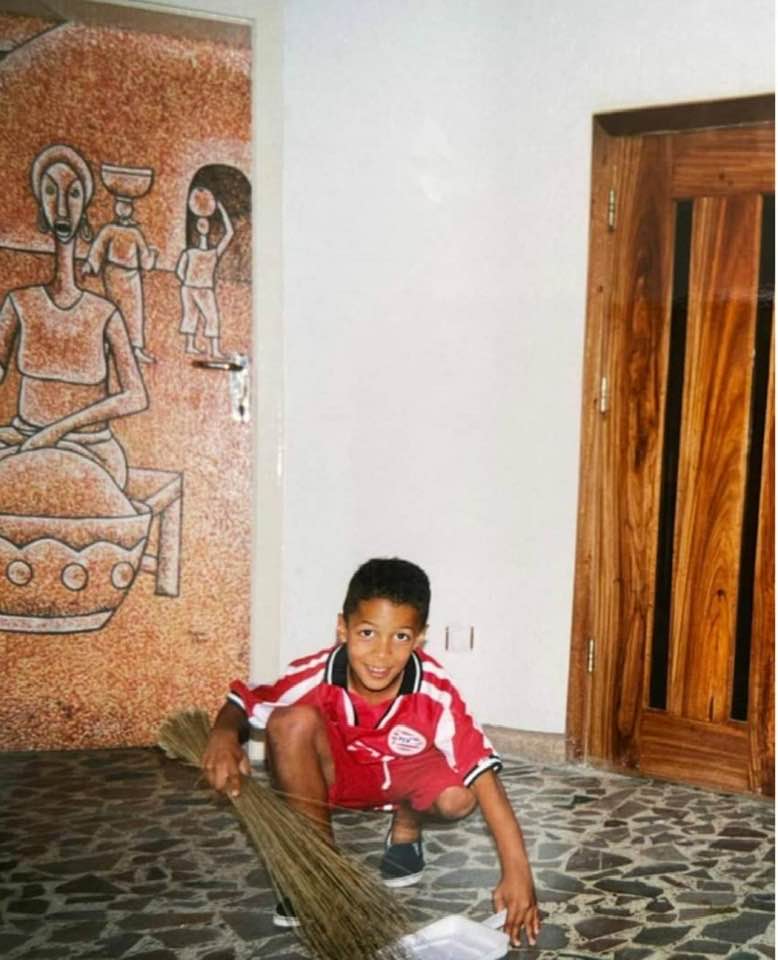
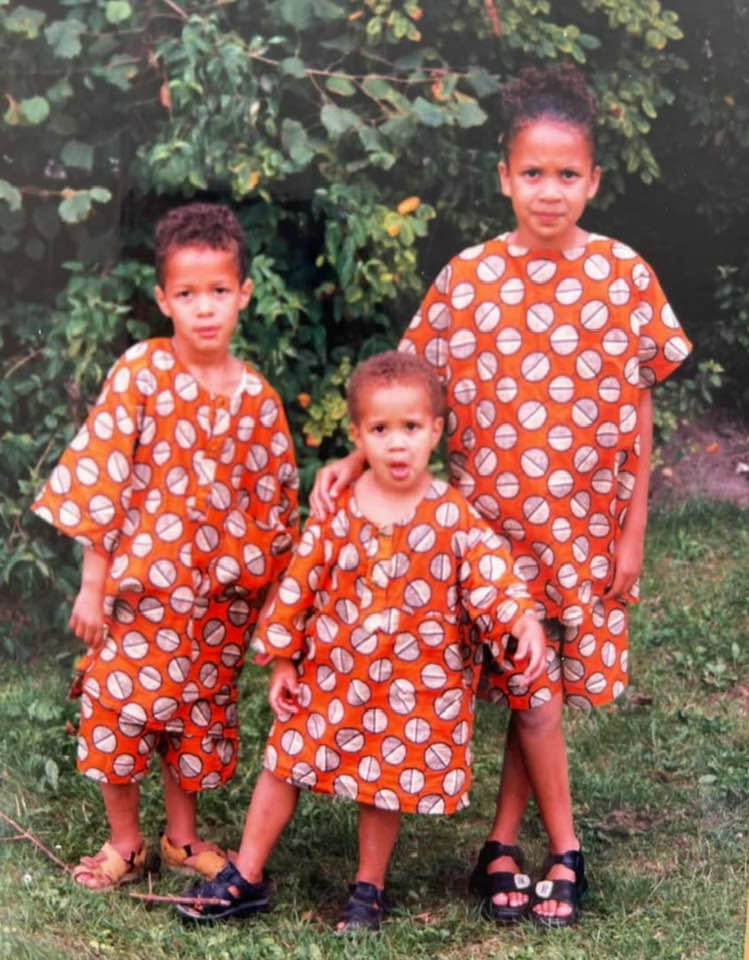
The symbolic tattoo of the globally renowned cultural icon, Fela Anikulapo-Kuti, in the arm of Troost-Ekong revealed by the documentary photographer does not seem to be a mere fashion inscription. It has been now known to be a deep-rooted philosophical symbol, engraved not only physically in his arm, but his heart.
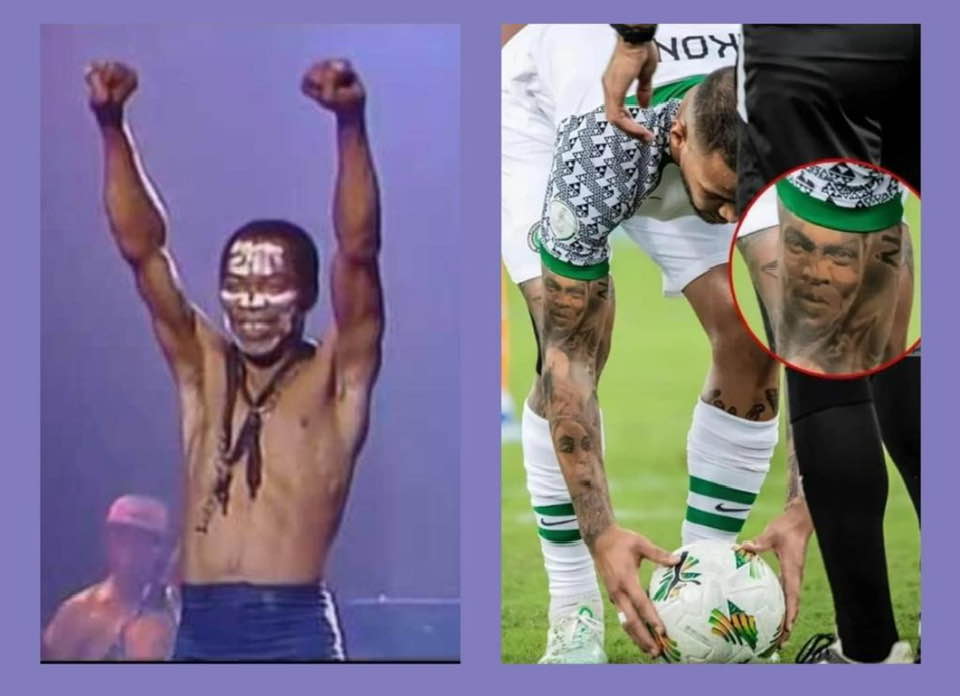
It has been dug up that Troost-Ekong participates actively in Neglected Tropical Diseases (NTDs) movement among so many other philanthropic projects of his’ all around the continent through his membership of Common Goal. The term NTDs refers to a diverse set of parasitic and bacterial infectious diseases that affect more than 1.7 billion of the world’s most impoverished people – among them are over one million children. Thousands of people are still dying from diseases that can be prevented. He found out that 600 million people in Africa need treatment for neglected tropical diseases, 120 million alone in Nigeria, the birth country of his father. In order to help eradicate NTDs in Africa, the Nigerian player is now using his membership of Common Goal to make a difference in Nigeria.

William Troost-Ekong has also been recorded by Moor Sportz in a video in the past showing keen attachment to Afrobeats, a genre of music that showcases African cultures and traditions. The music is a diverse fusion of various different genres such as hiplife, hip hop, dancehall, soca, Jùjú music, highlife, R&B, ndombolo, Naija beats, Azonto, and palm-wine music. Afrobeats is more of an overarching term for contemporary West African pop music.
William Troost-Ekong is obviously attached to his African roots in all facets. Though born in Europe and eligible to play for the Netherlands and Nigeria, his love for Afrocentric culture made him choose to represent Nigeria. His active participation in NTDs movement demonstrates his great interest and pleasure in Afrocentric culture. This is not only good for the continent, but also buoys up other African-European players coming after him. Surely, Troost-Ekong is a true African patriot.
References:
- “Troost-Ekong commits one per cent of salary to charity” By Editor, The Guardian, 27 March 2018
- Larry Lauer, PhD and Kevin Blue. Michigan State University, June 2021
- “William Troost-Ekong”. National Football Teams. By Benjamin Strack-Zimmermann. 28 July 2015.
- “Celtic eye Groningen defender William Troost-Ekong”. The Scotsman. March 2015.
Edited by Bimbo Ajayi
